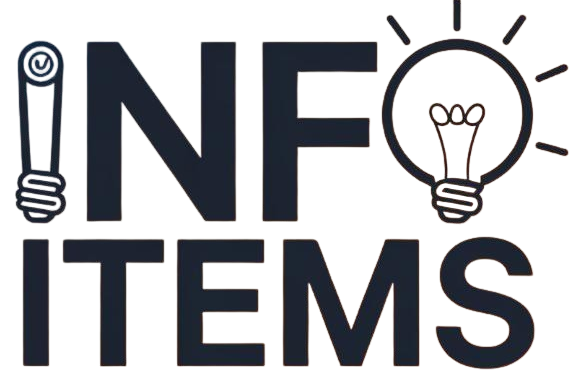Study techniques are outdated methods that are ruining your results. Most learners depend on old methods such as rereading, note-taking, and highlighting—though these are ineffective methods of deep learning. Intelligent students get improved performance when they apply scientifically established methods of deep learning that enhance retention and recall.

Why Traditional Study Methods Fail
Passive Learning – Reading and highlighting don’t engage the brain actively.
Lack of Retention – Information fades quickly without reinforcement.
Time-Consuming – Rote memorization takes longer with weaker results.
No Real Understanding – Superficial learning leads to poor application of knowledge.
Stressful Exam Preparation – Cramming increases anxiety while reducing effectiveness.
The Smarter Approach to Studying
Smart students replace traditional methods with active learning techniques that boost comprehension and long-term memory.
1. Active Recall – Testing Yourself Instead of Reviewing
Close your book and try recalling key concepts without looking.
Use flashcards with questions on one side and answers on the other.
Summarize topics from memory before checking your notes.
2. Spaced Repetition – Studying Over Time Instead of Cramming
Break study sessions into multiple days instead of last-minute cramming.
Use apps like Anki or Quizlet to schedule repeated exposure to material.
Review older material before moving on to new topics.
3. The Feynman Technique – Teaching to Learn Better
Explain concepts in the simplest way possible as if teaching a child.
Identify gaps in understanding and revisit complex parts.
Use everyday analogies to make concepts relatable.
4. Interleaving Study Topics – Mixing Subjects for Better Retention
Switch between different subjects instead of studying one in isolation.
Apply cross-topic learning (e.g., linking math and physics concepts).
Solve different types of problems instead of repeating the same ones.
5. Mind Mapping & Visual Aids – Strengthening Brain Connections
Create visual diagrams to see how ideas connect.
Use color-coding and illustrations for better memory retention.
Organize information in a structured way instead of linear notes.
Who Benefits Most from These Methods?
Students Preparing for Exams – Improves retention without last-minute stress.
Lifelong Learners – Strengthens memory for continuous learning.
Professionals & Researchers – Helps retain complex information effectively.
Educators & Tutors – Enhances teaching effectiveness by applying active learning.

Final Thoughts: Upgrade Your Study Habits for Maximum Success
Smart students don’t just work harder—they work smarter. By ditching traditional study methods and adopting evidence-based techniques, you can learn faster, retain more, and excel effortlessly. Start applying these strategies today!

I am an accomplished Data Analyst and Data Scientist with over a decade of experience in data analysis, software engineering, natural language processing, and machine learning. I have successfully led teams in developing large-scale computer vision platforms, created web crawlers capable of managing petabytes of data, and co-invented a patented NLP methodology. My strong foundation in competitive programming and five years of teaching computer science and artificial intelligence courses have equipped me with expertise in algorithm development, data consistency strategies, and AI-driven automation. Proficient in Python, Java, machine learning frameworks, and cloud technologies, I am dedicated to driving AI innovation and delivering data-centric solutions. I am based in North Carolina, USA.

